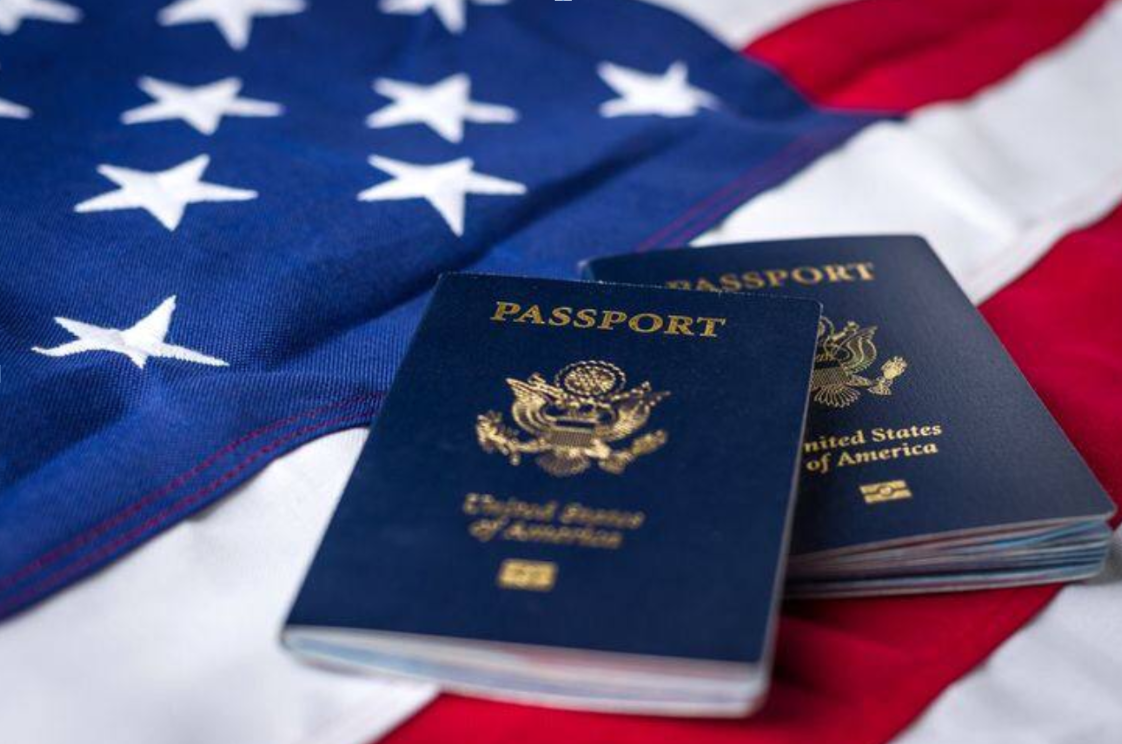Ways to obtain a green card after U4U: is it worth choosing TPS? Overview of options through employment and family petitions.

Every citizen of Ukraine who arrived in the United States under the Uniting for Ukraine (U4U) program knows that this program allows temporary stay in the U.S. for humanitarian reasons. This status is temporary, and the question arises: how can one obtain a green card and become a permanent resident?
In this article, we will discuss several possible options, such as family and employment-based immigration, as well as the Temporary Protected Status (TPS) program. The Uniting for Ukraine program was created to provide temporary support to Ukrainian citizens affected by the current situation in their country.
Temporary Status of the Uniting for Ukraine (U4U) Program and Its Features
Most immigrants begin their journey with a temporary visa or status, and while in the U.S., they consider how to legalize their stay. The U4U program provides “parole” status — which grants the right to enter the U.S. However, this is not a visa, and such status allows temporary stay in the U.S. for humanitarian reasons; it does not grant the right to long-term residence or employment, and additional steps are required to transition to permanent residency.
Therefore, the experience of those who entered with a visa may not be applicable to participants of the U4U program, as “parole” status has its limitations. Additional steps are necessary to obtain permanent residency.
Having trouble understanding?
Contact us, we will help!
Family Immigration as a Path to Obtaining a Green Card
One of the most accessible and common ways to legalize in the U.S. is through Immediate relatives – family immigration. This category has several subcategories. The simplest option is obtaining a green card through Immediate relatives (close relatives of U.S. citizens).
They include:
- Spouses of U.S. citizens.
- Unmarried children under 21 of U.S. citizens.
- Parents of U.S. citizens.
If you are such a relative and have an American citizen who can file a family petition for you, the process of obtaining a green card will be quite straightforward, and your immigration status can be converted to permanent relatively easily. In this case, the law does not distinguish between those who crossed the border with a visa or with parole, as in the U4U program. We file documents for family reunification and simultaneously request a green card, making the procedure quite straightforward and not requiring significant expenses.

Family Immigration for Relatives of U.S. Residents
If you do not have an adult child who is a U.S. citizen, or a spouse who is a U.S. citizen, or a parent who can file a petition for you if you are under 21, then you have other categories that do not fall under immediate relatives, namely:
- Spouses and children of green card holders.
- Adult children of U.S. citizens (over 21 years old).
- Siblings of U.S. citizens.
However, for these categories, the process may take much longer. For example, the wait for siblings of U.S. citizens can last 16-17 years, which can be problematic for those in the U.S. under the U4U program, as maintaining temporary status for such a long period is challenging.
Family Reunification and Challenges with the U4U Program
Participants of the U4U program may find that a family petition does not always lead to immediate receipt of a green card. In some cases, it may be necessary to leave the U.S. to obtain a visa, due to the peculiarities of “parole” status, which does not always allow for status change within the U.S.
Employment-Based Immigration as a Way to Obtain a Green Card
If you do not have relatives in the U.S. or prospects of marriage, employment-based immigration may be an option for obtaining a green card. There are several categories of employment-based immigration, some of which require employer sponsorship, while others do not, allowing you to file the petition yourself.
There are several categories of employment-based immigration you can consider for yourself:
1
EB-1 — for individuals with extraordinary abilities. Does not require employer sponsorship.
2
EB-2 National Interest Waiver — for highly skilled individuals with exceptional abilities. Does not require an employer.
3
EB-2 Masters degree — for individuals with a master’s degree.
4
EB-3 — for professionals with a bachelor’s degree or less, or for unskilled labor.
However, “parole” status under the U4U program does not allow transitioning to an employment-based category without obtaining a visa. Even if your employment petition is approved, obtaining a green card will require leaving the U.S. to process the visa.

TPS Program as an Alternative for Ukrainians in the U.S.
After participating in the Uniting for Ukraine (U4U) program, Ukrainians need to carefully plan a strategy for obtaining a green card. One popular option is applying for Temporary Protected Status (TPS), which provides the right to legal stay and work in the U.S. This path may be beneficial for those who cannot apply for a green card through family or employment-based immigration. It is important to remember that participants of the U4U program with humanitarian parole must meet certain requirements for a successful transition to permanent residency.
The Temporary Protected Status (TPS) program provides temporary protection to citizens of countries experiencing crisis situations. TPS for Ukrainians allows:
- Legal stay in the U.S. and the right to work.
- Free entry and exit from the country, which helps complete the immigration process through an employment petition.
The Importance of Documentation for TPS Status and Long-Term Strategy
In 2024 and 2025, many Ukrainians will consider applying for TPS or changing status for legalization. However, obtaining a green card through employment and family petitions may be preferable for those with the appropriate opportunities. In any case, the applicant must maintain a legal non-immigrant status until filing for a green card. Consulting with an experienced attorney will also be helpful in choosing the best path.
In 2024, Ukrainians in the United States on humanitarian parole through the U4U program are provided with several opportunities to legalize their status and obtain a green card. One of the important questions many of them face is choosing between applying for Temporary Protected Status (TPS) or considering other paths, such as employment and family petitions.
For Ukrainians wishing to stay in the United States, applying for TPS can be a temporary solution. This status is granted for up to 2 years and allows obtaining work authorization and Advance Parole, which provides the ability to leave and re-enter the U.S. However, individuals with humanitarian parole are not eligible to apply for a change of status within 1 year after the last entry. Therefore, if you are considering long-term stay in the U.S., it is advisable to consult with an experienced immigration attorney to explore all possible options.
In addition to TPS, Ukrainians can apply for asylum if they have a well-founded fear of persecution in the future due to war or violence in their homeland. The asylum process is considered individually, and successful completion can lead to obtaining a green card. Also, Ukrainians can take advantage of the immigration visa program for immediate relatives of U.S. citizens, which has no visa limitations. If a U.S. citizen is 21 years old, they can apply for an immigration visa for their parents.
Moreover, Ukrainians can consider obtaining one of several employment-based immigration visas, which are issued in limited numbers. This requires cooperation with an organization or educational institution willing to sponsor a work visa. In any case, to choose the best path for legalization and obtaining a green card, it is important to apply in a timely manner and seek assistance from a qualified specialist.
Having trouble understanding?
Contact us, we will help!
